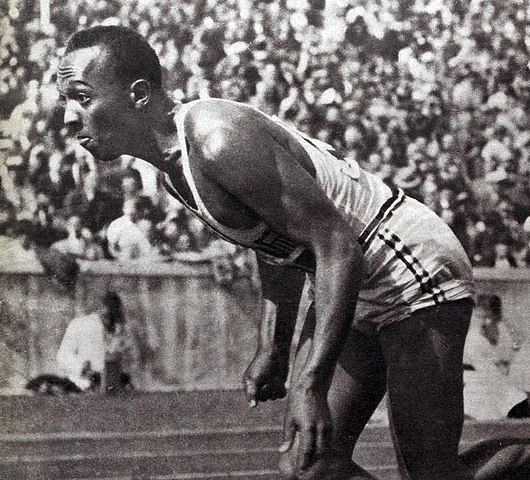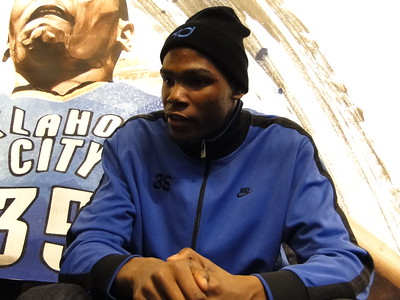"Race" - a film about the victory of sport over racism
Jesse Owens' story from the Berlin Games is beautifully told
Films based on a true story don't always fare so well and find a number of critics who don't appreciate them. When it comes to sporting events turned into a movie production, then it can be even more difficult. For director Stephen Hopkins and screenwriters Joe Shrapnel and Anna Waterhouse, however, the task does not seem so difficult. The movie "Race" in English is quite good and manages to tell the unique story of the athlete Jesse Owens, who won the then record four gold medals from the Olympic Games in Berlin in 1936.
Owens' achievement is all the more significant given the disciplines and the fact that he is African-American. He managed to grab gold in the 100, 200 meters, in the 4 by 100 relay with the US national team, as well as in another of his crown events - the long jump. And all this at a time when it was extremely difficult for black athletes to participate in such significant sports competitions, and during the reign of Adolf Hitler in Germany.
Maybe directing isn't all that unique. Hopkins simply goes through each step of the event in question and shows the athlete's pain that must be endured in order to achieve success. The truth is that "Race" has a unique object around which to develop the action. Jesse Owens was born in Alabama and attended Ohio State University to represent the United States at the Berlin Games. His successes left Hitler speechless as he shattered his ideals of pure Aryan race dominance.
In the lead role is the charming Stephen James, who does a wonderful job as a 19-year-old athlete, who managed to prepare beautifully and two years later achieve the most cherished dream of any athlete. The good thing is that there are no biographical clichés, although there are many corny moments to be found in the script. It was written by Shrapnel and Waterhouse in collaboration with the family of Owens, who died of lung cancer in 1980.
The film hits the big screen in 2016 and it helps to see some light effects and montages that the cinema could not trust in years back. The sense of verisimilitude and 1936 is somewhat lost due to this fact, but it is adequate enough.
"Race" doesn't hide the fact that Owens cheated on his future wife and mother of his three children, Ruth Solomon, played by Shanice Banton. The film reaches its strongest point during the training scenes at Ohio State with coach Larry Snyder, played by the extremely classy Jason Sudeikis. Snyder prepares Owens for the world stage and deals with pressure from the US Olympic Committee, which wants to boycott the Berlin Games because of Hitler's racism not only against blacks and Jews, but also against other minorities.
The production also centers on the debate between committee president Jeremiah Mahoney, who is very adamant that Americans should not appear in Berlin, and Avery Brundage, who is of the opinion that it should not happen for any reason. Owens gets into a dilemma with himself about which decision is right, putting himself in the role of both an athlete and a black man.
However, the arrival of the successful athlete in the German capital ignites the fire in "Race" and turns the film into a truly quality one. The scenes were shot at the Olympic Stadium in Berlin after the makers got special permission to do so. They become more than epic when the fans' warmth towards Owens is shown. It is in stark contrast to the sentiments and fanaticism of Hitler's regime. Even the special cameras hired by the fanatical leader to capture the superiority of the Third Reich show the incredible success of Owens, who stole the laurels of these Olympic Games.
The races are well represented and only add to the image of the story. A not particularly good meeting between Hitler and the athlete is expected, but in the end the bigger shock comes from the fact that the American was not invited to the White House to see the US president.
"Race" is a great film that focuses not so much on the successes of a brilliant athlete like Jesse Owens, but rather on the personal drama of a black athlete during the 1936 Olympics held in a country ruled by racists. mode. This production is definitely worth paying attention to.




